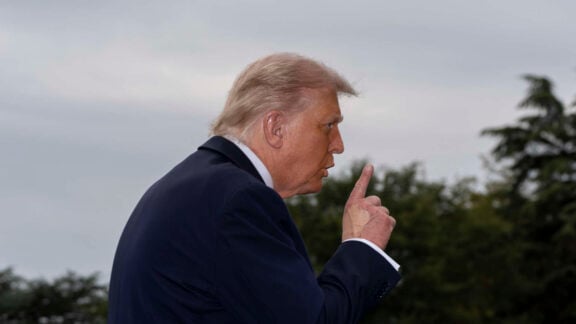Immigration, Citizenship, Migrant Services and Multicultural Affairs Minister Alex Hawke said Australia was at a “critical junction” in its handling of the global pandemic and tried “not to be too bleak” when it came to a travel bubble being opened with other countries, including Greece.
“I do understand the need for a ray of hope,” he said, though he was unable to offer good news for this year at least.
“In a sense all countries will be considered for travel when we get to the right phase in the (national) rollout,” he said, adding that “it is important to be frank about where we are at” and said the Australian Budget estimates that the date will come after July 2022.
“For Phase C to happen we need to get to the 80 per cent vaccination target, 80 per cent is critical. That is the advice we have. That is what the road map tells us so that we can transition to countries for travel.”
On Monday, 2 August, Australia’s Prime Minister Scott Morrison made contact with Greece’s Prime Minister Kyriakos Mitsotakis to discuss a number of issues.
“They obviously discussed a lot of things, including an invitation for Prime Minister Mitsotakis to come here when he can, so I’m sure when he can that will happen,” Mr Hawke said, adding that the two leaders shared “a very good relationship”.
“During the pandemic a number of key world leaders have been working together to share information about the pandemic, the vaccination rollout, travels and trade issues and all sorts of financial issues with Australia as well,” he said. “Those leaders regularly caught up.”
READ MORE: Australia’s PM thanks multicultural communities, honours their sacrifices
Working together
Mr Hawke spoke of a “team effort” in getting the message across to multicultural communities, and pointed to translated communications available so as to get accurate information across.
“Even today, there’s communication in the mainstream media where people are talking about how many people don’t speak English in households in south-west Sydney, and they’re wildly inaccurate in their figures and reporting,” Mr Hawke said. “People seem to get it wrong which is quite unhelpful about community perceptions of different areas of our cities.”
Deputy Chief Medical Officer, Professor Michael Kidd and the Head of the Implementation and Primary Care Response and Chair of the Department’s CALD Communities COVID-19 Health Advisory Group, Dr Lucas de Toca, also joined in the conversation.

Professor Kidd said that the initial concern about blood clots “did lead to some hesitancy”, “but what we’ve seen, obviously with the outbreaks in Victoria and in Sydney is a lot more people coming to be vaccinated.”
“We’ve seen a real reversal of the hesitancy that we had seen a few months ago,” he said, with the number of people queuing up increasing.
“Some of that is related to more points of access for the vaccine with local General Practices, GP’s and their staff who speak the language of their patient populations, and pharmacies as well have been very important.”
Two important messages were shared by Professor Kidd, “It’s really important that we get people aged 60 and over vaccinated with the Astrazeneca vaccine and vaccinated right now, we have seen the tragedy in the last few weeks of older people getting very seriously unwell, ending up in intensive care and in some cases dying from COVID-19.”
From 17 September, every person employed by an aged care facility will need to have had at least the first dose of COVID-19 to continue working, Professor Kidd said, adding that they are prioritised to receive the Pfizer vaccine.
“We want to make sure we are protecting the elderly people living in these facilities,” he said.
A CALD health advisory group has been operating, including people of multicultural backgrounds, to help facilitate engagement with different community groups in their own language. “We’ve held a number of round tables with different community groups, religious leaders, community leaders and a number of round tables both set up by the department but also the prime minister and minister Hawke with multicultural communities in Sydney but specifically one with health professionals from CALD communities of which the fourth one was held last Friday with 40 different participants for close to three hours,” Dr de Toca said.








